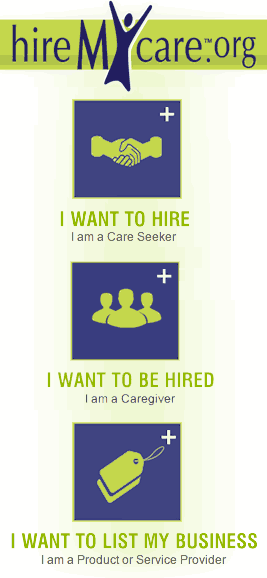Monthly Archives: February 2013
- Seek a professional evaluation, if you have concerns that your child may be autistic.
- Start keeping a notebook or journal about your child. A diagnosis of autism will require a developmental history. You may be asked to fill out questionnaires which ask about behaviors and development. Writing things down on a regular basis will help you remember when you noticed things. Keeping track of what works and what doesn’t will also come in handy when you’re trying to modify behaviors. The journal or notebook may also help start to identify patterns for difficult times and triggers for problems.
- Have the attitude that you’re in it for the long haul. There will be days when progress is made and days when things seem to be going in reverse. Don’t be discouraged. Sometimes finding out what isn’t working can be as beneficial in the long run as finding out what does so you know what to avoid.
- Establish and keep a routine. Many autistic children are very independent, but rely on routine for security.
- Understand fixations. This can include stimming behavior (staring at turning wheels, making repeated noises, etc) and topical obsessions (Star Wars, whales, the weather). Opinions vary on whether these behaviors should be tolerated, but controlled, or discouraged entirely. Tolerating these behaviors within controlled parameters can be a powerful tool in connecting with the child for educational, emotional, and social instruction. Relating new information to the child’s interests may help the child be more accepting of new things. Using time to focus on interests as a bargaining tool may help when it comes to school.
- Find support. It does not need to be the caretakers of other autistic children, though that can be an especial help. Have trusted individuals who can provide childcare, a willing ear, or mentoring.
- See if your state department of health has a department for children with special health care needs. They may provide services on a sliding fee scale based on income. You may qualify for free services or reduced charges. (In Utah this department is by the University of Utah.)
- Understand the use of visual stimuli. Many times autistic kids are visually oriented. Sometimes nonverbal children are able to communicate using sign language or by pointing to pictures in a special book put together to help them communicate. Even autistic kids who speak may benefit by making a visual chart for the schedule for the day. If you’re trying to teach your child how to do something it may help to make a picture chart. (Some autistic kids can even repeat verbal instructions word for word but still lack the ability to turn those instructions into actions in their head. Pictures may somehow help them to do that.)
- See if there are any early intervention programs available where you live. As early as 3-years of age the school district should be contacted to determine whether they have special preschool programs. Ask them for an evaluation.
- Contact your school and request to have your child evaluated for special education. Make the request in writing. If school personnel aren’t helpful, contact the school district. Obtain a copy of the special education rules for your state from the state office of education. Qualifying for special education opens the door to more services like speech and occupational therapists. When your child is evaluated and qualifies for special education, make sure you have your school set up an Individual Education Plan (IEP) for your child. These documents are very important for availing the special services and education that your child needs. The Individuals with Disabilities Education Act (IDEA) requires that children with special needs receive a free and appropriate education otherwise known as FAPE.
A good checklist of items to look for in an in-home caregiver.
Experience and Professionalism
Caregivers need to be experienced in the area of your need, and caregivers need to be professional in the way they conduct business and provide service. You don’t need a caregiver that you will need to motivate to work, to clean up after, or to worry about behavior in public. You don’t need a caregiver you can’t trust to do the job hired for. You do need a caregiver with experience in your area of need, one who is familiar with the job requirements, one can work without your supervision, and one who can anticipate needs.
Interview as Many as it Takes
If you interview independent providers (IP’s) to be your caregiver, don’t be afraid to interview several. The more you interview, the greater the chance you have of finding the one that best fits. Having the kind of caregiver that is able to function in the home comfortably, is vital for the client and equally vital for the comfort and ease of others living in the home.
Select a caregiver with care. Consider more than the cost; consider the age, the health, the interests, the personality, the experience, the certification, and the gender of the person you plan to hire as caregiver. It may take several interviews or a few caregiver trials to discover what you really need and want from a caregiver. But in the end, you will find someone who genuinely fits your situation and need.
Read more about selecting a caregiver on Yahoo! Voices.




